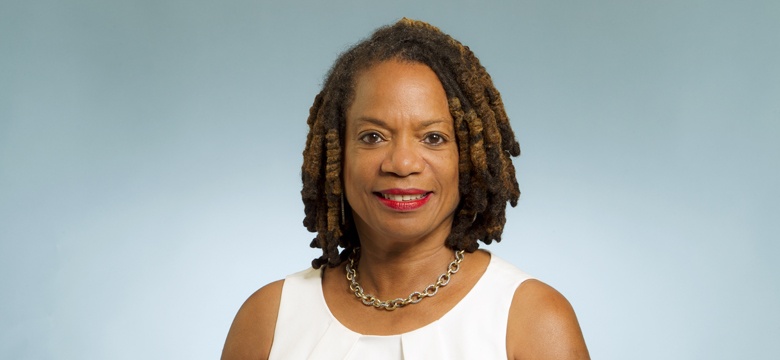
There were 811 test results received by the Ministry of Health yesterday (9 November 2020), and one was positive for COVID-19.
The most recent case is classified as imported. They were a returning resident who arrived on AA 308 from Miami on 8 November who tested positive on their arrival test, having not had a pre-departure test.
Bermuda now has 215 total confirmed positive cases. Their status is as follows:
- there are 23 active cases (all imported, consisting of 10 visitors and 13 returning residents), who are
- all under public health monitoring, and
- none are hospitalized or in critical care;
- a total of 183 have recovered, and
- the total deceased remains 9.
The average age of all of our confirmed positive cases is 54 years and the age range of all of our positive cases is from 7 to 101 years. By race, overall, 47% of cases were Black, 46% White and 7% other or unknown.
The average age of all deceased cases is 74 years and the age range is 57 to 91 years.
The source of all cases is as follows:
- 104 are Imported
- 90 are Local transmission, with known contact
- 21 are Local transmission with an unknown contact, and
- none are under investigation
Bermuda’s country status is “Sporadic Cases”. The seven-day average of our real time reproduction number is less than 1.
It's been many months since COVID-19 first gripped the world. And during that time a few things have become abundantly clear – human connection is inherent to our being; family and health are what matters the most;...and universal health coverage is a necessity for all.
It is on this last point that this Government will introduce a Bermuda Health Plan which will meet that need.
While the onset of the global pandemic caused the Government to temporarily pause plans for health reform, there remains a commitment to a new integrated healthcare model for Bermuda.
This Plan will see public and private sectors joining together to improve control of Bermuda’s healthcare spend and drive better healthcare outcomes.
We believe that by focusing on prevention as well as primary and community care, we will significantly reduce the imbalanced reliance on expensive hospital care.
Bermudians endure poor health outcomes despite per capita health spending that is amongst the highest in the world.
We believe that Bermuda needs to implement a spine of core health services delivered in a manner which is sustainable for our population.
The economic shock from coronavirus and the rapid rise of unemployed citizens necessitates expanding the safety-net of health services for those who have been left un- or under-insured.
Supported by necessary funding reforms, our new integrated system will allow Bermudians to receive treatment when they need it and in the right place, making efficient and coordinated use of our available resources.
To be clear, the development and implementation of universal health coverage is a multi-year responsibility. We expect to see many benefits to undertaking these reforms in the coming years, including a shift to a care model based on proactive, preventative ‘out of hospital services’ rather than on reactive high cost hospital care.
Without proactive modifications to the island’s healthcare system, projected healthcare expenditure risks overwhelming our economy. If nothing is done, we will see deteriorating healthcare outcomes and overwhelming financial challenges for Bermuda.
An ageing population means that there will be fewer working adults to pay for the increasing demand and costs of care. Partly as a result of this and healthcare price inflation, healthcare costs are anticipated to double over the next 20 years.
Where no changes are made, hospital expenditure will grow by 16% by 2029, due to an increased need for hospital services by those aged 65 and older. Over 20 years, hospital service expenditure is forecasted to increase by 43%.
The challenge of rising demand and changing demographics faced by our health system requires comprehensive reform.
To be successful, we cannot do this work alone or function in decision-making silos. This is why we value building our community partnerships with organization such as Bermuda Medical Doctors’ Association, the island's private insurers and BermudaFirst. BermudaFirst is a non-partisan group comprising community and business leaders who, like this Government, believes that Bermuda must have a holistic healthcare system that prioritises prevention, chronic disease management and healthcare delivery via primary care, with a restructuring of the health system financing.
One immediate step being taken to contain costs for consumers involves establishing a National Drug Formulary. In legislation being tabled in the House in this session, we will mandate that pharmacies provide pricing information on the most commonly-prescribed medications, to feed into the Formulary. This will permit maximum prices to be set for the most frequently prescribed medicines, reducing costs to patients and providing relief to those on fixed incomes.
Before I conclude my remarks this evening, I need to echo an advisory sent out yesterday on behalf of the Department of Health who are currently out of the influenza (flu) vaccine. This is due to an atypical surge for the vaccine as well as supply chain disruption due to the cancellation of British Airways flights.
They are advising that all walk-in service for obtaining flu vaccines for the following weeks is canceled. This was previously scheduled to take place at the Hamilton Health Centre.
The Department of Health is working to reroute our incoming shipment of the vaccine, which was scheduled to arrive on a British Airways flight later this month.
Members of the public are advised that they can still obtain the vaccine from their doctor’s office.
Stay safe, Bermuda, and, remember, I wear a mask to protect you; you wear a mask to protect me.
